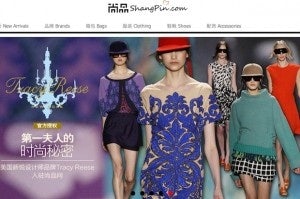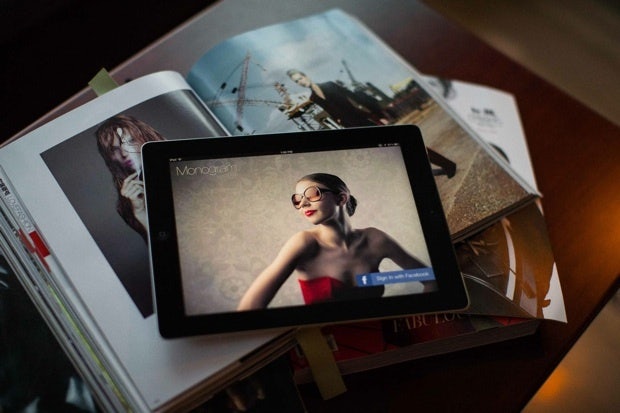E-Commerce Trends In China Influence Startups Outside Of Country#

We hear (and write) a lot about what's happening in China's booming yet contentious e-commerce market, but one story that's flown largely under the radar is how trends in China are starting to influence startups outside of the country. Today, PandoDaily looks at the launch of a new "shoppable fashion magazine,"
Monogram#
, which takes a page from the "kitchen sink" approach of home-grown Chinese e-commerce sites.
Influenced by lessons learned by CEO and co-founder Leo Chen on an 18-month stint in China, the app has a distinctly American look and feel but unmistakably Chinese DNA. Drawing on inspirations like Gilt, Pinterest and Vogue, as well as Chinese sites like
Mogujie#
and
Meilishuo#
, Monogram hopes to be a pioneer in the social shopping space, one in which, as Chen says, "China's more advanced already."
Via PandoDaily:
Both Mogujie and Meilishuo, founded in 2010 and 2009 respectively, are Pinterest-like in their approach to offering user-created catalogs for people to browse and find things to buy. They target white-collar women and rely heavily on “super users” who curate content and offer shopping advice to the sites’ millions of users. Monogram, on the other hand, will be taking an editor-curated approach and targeting high-end consumers. The iPad-only magazine will carry a mix of editorial and visuals that link to products on sale from Gilt, Nieman Marcus, Nordstrom, MyHabit, Saks, and Reebok, to name a few.
Chen says he learned from the Chinese sites that personalization isn’t as important as people might think and it’s a much tougher sell. “In order to personalize something, you need a lot of data from the users themselves,” he says. “In order to get that user input, you need a different hook. So we’ve focused more on what’s that initial hook.” Personalization, he says, will come later.

Like sites such as Thrillist, NastyGal, Fab, and Jetsetter -- or Chinese platforms like Shangpin -- a value-add for Monogram is editorial content, which the new kid on the block has a blend of commerce and editorial in their DNA. For Monogram's part, the new app will source editorial content for free from bloggers and stylists. While a risker proposition, consistency-wise, compared to Thrillist's more professional writing team, enlisting these editorial contributors will keep costs down while gaining Monogram some notoriety via cross-promotion.
Going forward, we're curious to see how the new app fares, and whether more Silicon Valley startups will take a page from the strategy books of Chinese e-commerce and social sharing apps -- which, owing to China's arguably more cut-throat online retail atmosphere -- tend to be packed with more features, Swiss Army watch-style, than their US counterparts.
